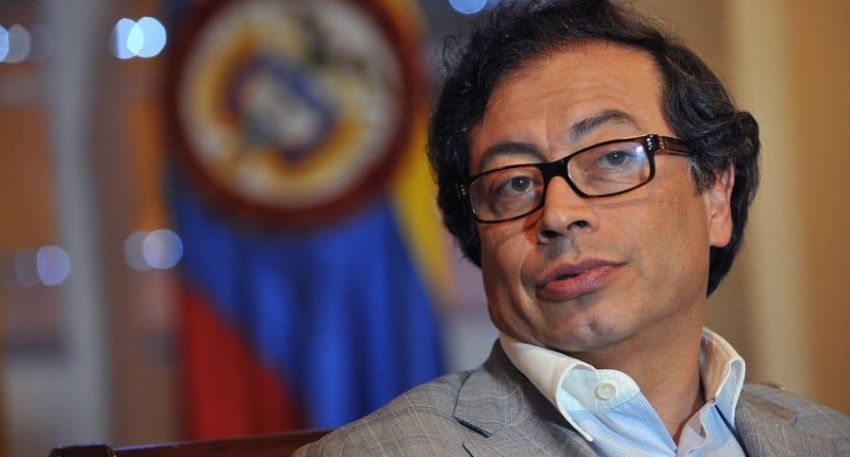
Colombia’s National Police have announced an internal investigation days after the country’s leftist presidential candidate was attacked on his way to a campaign rally on March 2.
Police and the prosecution have failed to confirm claims that social democrat Gustavo Petro was the victim of an assassination attempt in the city of Cucuta.
Videos made during the incident indicate that police escorted Petro into a hostile crowd before he was shot at. The prosecution has failed to either confirm or deny claims the car was fired upon.
Petro has accused Cucuta’s jailed former mayor Ramiro Suarez of orchestrating the attack from prison. He told the media: “We were taken to the exact point where armed men were ready to shoot, and they shot at me. In Colombia there was an attempt on the life of a presidential candidate.”
Suarez was a political ally of the hard-right former president Alvaro Uribe until his arrest in 2007.
The attack brought back memories of the 1990s, when several leftist and reformist candidates were assassinated in a wave of drug-fuelled political violence that has traumatised the country ever since.
The candidate criticised the police and prosecution on March 4 for their slow response to the incident. The prosecution has seized the armoured car in which Petro was driving, but has yet to confirm whether there was an assassination attempt.
According to the official version of events, the car was hit by eggs and rocks.
Petro, a former left-wing guerrilla and Bogota mayor, has been mobilising large crowds. He is urging reforms to curb systemic corruption and open up the country’s democracy and economy.
Petro’s main political rival, Uribe – who has endorsed Ivan Duque as his candidate for president – has accused Petro of being a communist who seeks to plunge Colombia into a “Venezuela-style” dictatorship.
The Supreme Court is investigating Uribe over his alleged ties to far-right death squads. Multiple members of his powerful family face legal troubles over their alleged involvement in far-right violence.
This polarisation is taking place three months before the elections and in the middle of a troubled peace process.
According to some accounts, more than 200 social leaders have been assassinated since peace accords between the government and the left-wing Revolutionary Armed Forces of Colombia (FARC) were signed in December 2016. Meanwhile, National Liberation Army (ELN) rebels, who have agreed to peace talks, have carried out attacks on security forces and the oil industry.
The accumulation of events has put Colombia’s traditionally weak state and President Juan Manuel Santos under enormous pressure.
Several armed groups have taken control of territory abandoned by the FARC. These groups are openly defying state authority and have imposed either guerrilla or right-wing paramilitary rule.
After the killing of the reformist candidates in the 1990s, Colombia nearly failed as a state. Electoral observers have urged it to “put an end” to the electoral violence “before we have something worse to regret”.
[Reprinted from Colombia Reports.]